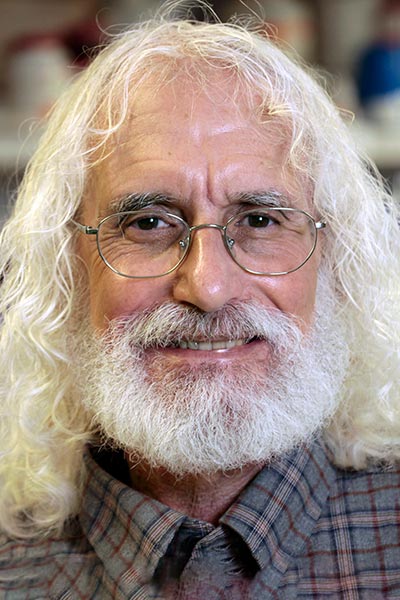Cancer Immunology Research marks 10 years of publication
The AACR has many tools for showcasing significant cancer research, from the AACR Annual Meeting 2023 to its 10 journals. And one of those journals, Cancer Immunology Research, is celebrating 10 years of publication.

Editors-in-chief Robert D. Schreiber, PhD, and Philip D. Greenberg, MD, marked the occasion by publishing an editorial and conducting a short video interview on the Journal’s website highlighting Cancer Immunology Research’s accomplishments in its first decade. The editors also compiled a collection on the anniversary collection with the most-cited research article from each year of publication.
“The field of cancer immunology has grown at a breathtaking pace, and we are optimistic that there are even greater advances to come in the next 10 years,” Schreiber and Greenberg said in their editorial.
The Journal has closely mirrored the field, in growth and content, since its first issue in July 2013 when immunology was just entering the mainstream of cancer research. Many studies in early issues focused on immune checkpoint inhibitors and strategies to optimize those treatments. But as the field evolved, the content also changed to focus more on scientific and technological innovation.

In recent years, basic, translational, and clinical cancer immunology research has developed into a thriving component of cancer research, with a growing number of scientific conferences, presentations, and publications dedicated to the subject.
“The parallel growth of the Journal is evidenced by the fact that the number of original research articles submitted to the Journal more than quadrupled between 2014 and 2021 and the Impact Factor, while an imperfect measure of Journal quality, more than tripled,” Schreiber and Greenberg wrote in their editorial.
Cancer Immunology Research has garnered an impact factor of more than 12 thanks to the authors’ outstanding work. The reviewers also played a significant role in ensuring the published science is high impact.
“Importantly, we also acknowledge the immense time and effort of all the reviewers who appraised manuscripts during the past 10 years,” the editorial states. “The quality of the Journal can be attributed in large measure to the careful analysis, critique, and constructive recommendations they provided.”
Schreiber said that while the Journal has maintained a focus on pushing the field forward and advancing the basic principles of cancer immunology, it has also advanced immunotherapy, which is based on some of that work.
“And so you have a little bit for everyone in the Journal, whether you’re a physician, a PhD research scientist, or in biotech,” he said.
Schreiber and Greenberg will present an interactive discussion at the Annual Meeting about the scope and types of research manuscripts they are seeking to publish in the Journal. The session will begin at 9:30 a.m. ET Monday, April 17, at Publications Booth 2743 in W Halls B-E1.
More from the AACR Annual Meeting 2025
View a photo gallery of scenes from Chicago, continue the conversation on social media using the hashtag #AACR25, and read more coverage in AACR Annual Meeting News.

